What Is The Ideal Temperature For A Central Heating Boiler?
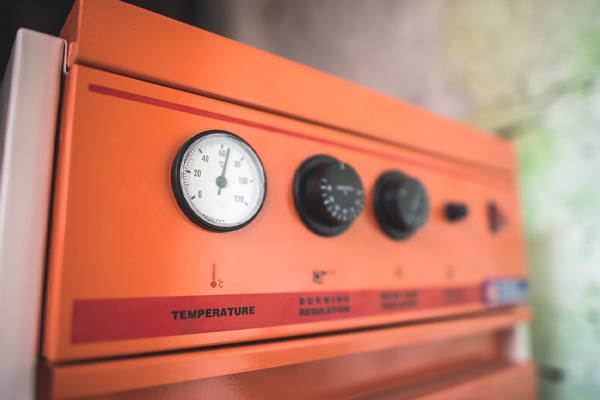
Determining the ideal temperature for your central heating oil boiler can be difficult. Boiler settings differ based on factors such as different hot water needs and fluctuating exterior temperatures. To be able to determine the right temperature for your hot water cylinder or boiler, it is important to know the kind of central heating boiler you have in your house, and the general boiler temperature settings. To heat your home efficiently, it is necessary to learn what the recommendations are.
Common Central Heating Boiler Types
Contents
Before you try to adjust the boiler temperature, it helps to understand the type of central heating boiler you have and how it works.
Combi Boilers
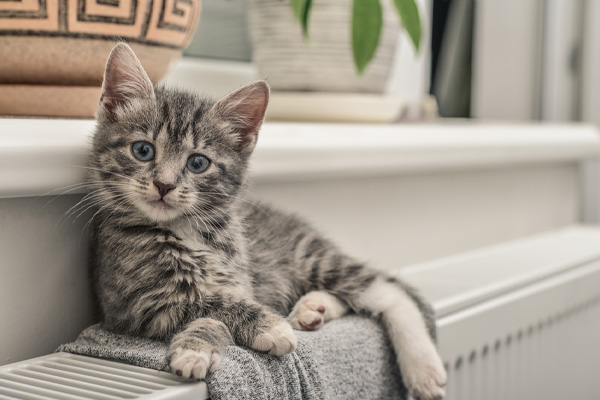
Many homeowners opt for combination boilers, commonly referred to as combi boilers for central heating because they provide hot water and heating from one unit. The main water supply of the house feeds cold water into the boiler. Afterward, to produce heat, the boiler burns fuel and utilizes a heat exchanger to transfer heat to the water from the combustion chamber. Combi boilers can heat up fast because they use heating oil or gas to heat water.
Compared to other boilers, combination boilers are more compact; they don’t need space to accommodate a separate water tank. That is why they are the perfect choice for smaller properties. Even though these boilers have heating and hot water in a single unit, they cannot direct hot water to both the central heating and tap at the same time. For instance, if someone in your home turns on the hot water while the central heating is on, the combi boiler temporarily redirects the hot water to the water outlet whilst it is in use.
Regular Boilers
Regular boilers, also known as heat-only or conventional boilers, are made up of three components; the boiler, a separate cylinder for storing hot water, and another tank for storing cold water. Coldwater tanks are normally installed in the attic or loft space, and they use gravity to fill the boiler. Once the boiler heats the water, it feeds it into the radiators of the central heating system directly and then fills the hot water cylinder. As such, there is hot water on demand.
This boiler is the best option for homeowners with larger properties. Conventional boilers are ideal for houses that have multiple bathrooms or that have a low-pressure main water supply. Even though a regular boiler takes up more space, its separate water tank supplies water and heating at the same time.
System Boilers
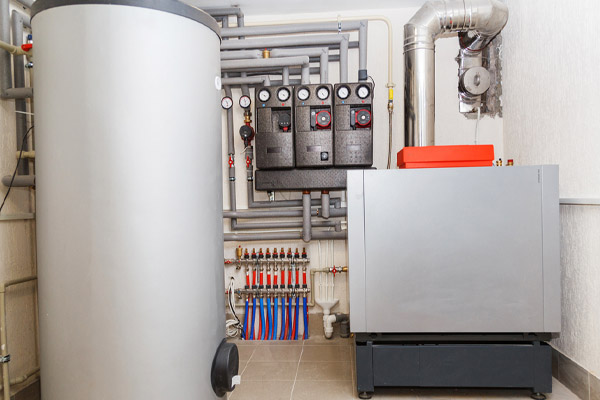
A system boiler can supply the radiator with hot water and heating water on demand through a hot water cylinder, just like a regular boiler. These boilers have two components, the boiler, and a hot water cylinder. The main water supply of the home feeds water into the boiler, which means there is no need for a cold water tank.
This type of boiler is the ideal option for big properties which have a high demand for hot water. Compared to a regular boiler, a system boiler uses less space and has more flexible installation choices since most of the components are internal. Plus, the hot water cylinder of a system boiler still needs space. If there is low water pressure in the main supply, this will be reflected by the flow rate all through the home.
Central Heating Boiler Temperature Settings
Basically, there is no specific temperature that a central heating boiler should be set at. There are certain variables that determine the temperature at which homeowners should set their boilers, including personal preference and the weather. The boiler temperature should preferably be adjusted and maintained within a particular temperature range. That way, the boiler won’t overheat.
Recommended Boiler Temperature Settings
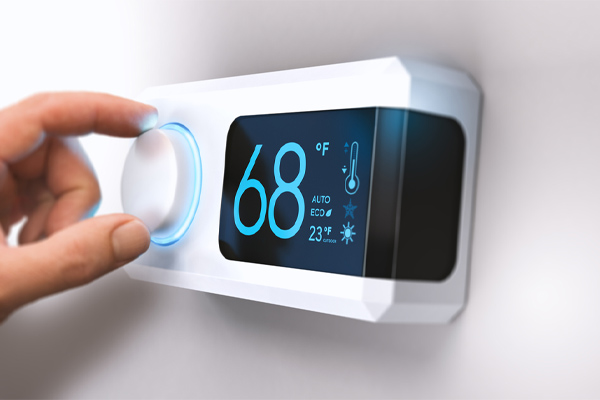
Temperature settings for the hot water cylinder and the central heating water vary.
When it comes to heating water, adjusting the boiler’s high/low temperature settings when it gets colder or warmer is best. During summer, low boiler temperatures are more comfortable and efficient, and higher boiler temperatures are ideal for winter. Low-temperature settings are typically within the 120-160 degrees Fahrenheit range, while high-temperature settings are usually between 180-200 degrees Fahrenheit range.
If you want the temperature to be warm, it’s always best that you do not exceed 200 degrees. This is because as the temperature goes over 212 degrees, the boiler will start to overheat, and this can cause the boiler to leak or burst.
Temperature settings for hot water cylinders normally stay within the same range throughout the year. The ideal temperature for a hot water cylinder ranges between 140-150 degrees Fahrenheit. HVAC experts encourage homeowners to keep their boiler water temperature from getting too low for health and safety reasons.
Legionella, a type of bacteria that grows in freshwater, thrives in temperatures between 77-112 degrees Fahrenheit. It can put people at risk of getting Legionnaires’ disease, which is a type of pneumonia. That is why the CDC recommends maintaining the heating cylinder water temperature at least above 124 degrees.
Tips For Boiler Energy Efficiency
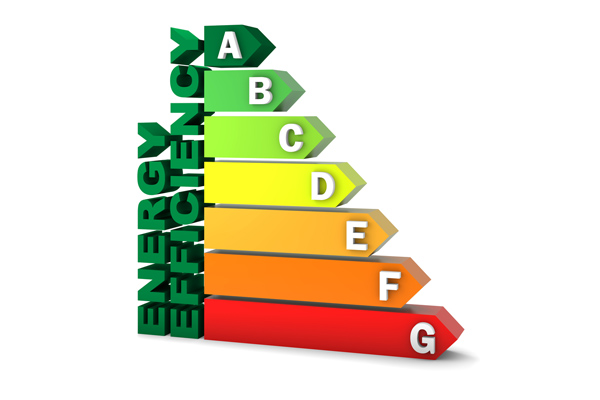
Use temperature controls to efficiently heat the home, as well as maximize energy efficiency. Thermostats for individual rooms and programmable thermostats provide more accurate control over the temperatures in each room. For instance, for you to have a healthy and comfortable night of sleep, your bedroom should be cooler than the other rooms in your home.
If you have smart temperature controls, they will adjust your home’s temperature automatically or you will have access to the controls on your mobile device. With these features, you can minimize heat consumption even when you are not at home. If you want to efficiently heat your home, you should set the boiler to fluctuate four to five degrees throughout various times of the day.
Call Point Bay Fuel For All Of Your HVAC Requirements

Point Bay Fuel provides top-quality heating and cooling services in Ocean and Monmouth County, New Jersey. Our company has highly trained and the best professionally certified technicians for all your HVAC service needs, including boiler tune-ups, air conditioner repairs, furnace installations, and more. All our techs are knowledgeable, skilled, and experienced in working on any HVAC system correctly.
Rest assured, we have the most competitive HVAC service prices in the area. Our maintenance services can enhance comfort and energy efficiency while reducing your energy bills. When you need to replace or repair your HVAC system, we can recommend the best solutions that fit your home and budget. All our work comes with a guarantee. Book a service appointment by calling Point Bay Fuel today. We offer in-home estimates.
Contact us now by calling (732) 349-5059 to speak to one of our home comfort specialists!
